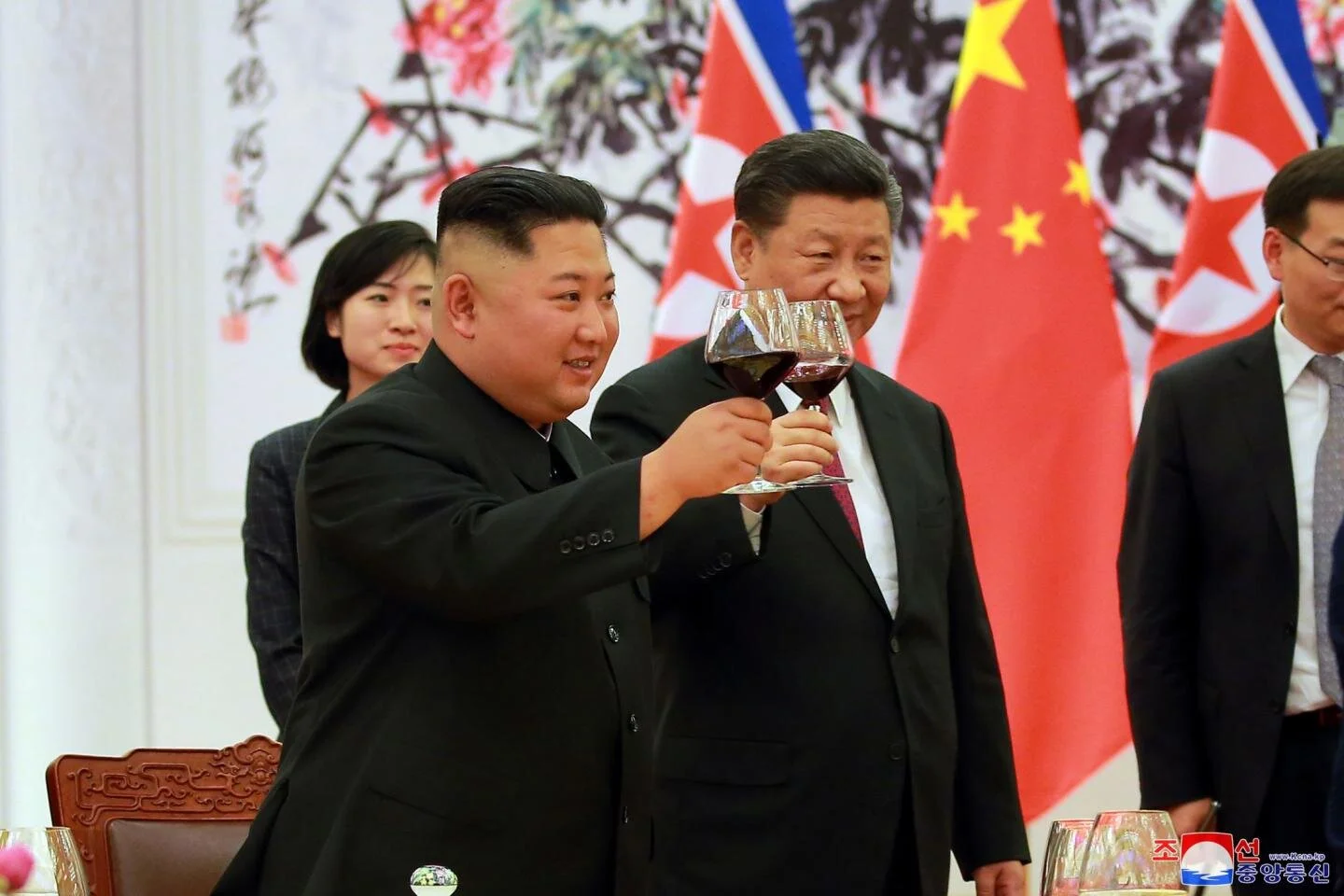North Korea-China Military Alliance Stronger Than It May Seem By Jun Kwon
Military Alliances are a treaty-based commitment of security protection for other countries that can come in a variety of forms such as bilateral, multilateral, and collective in the framework of an organization like NATO.
Many studies have examined the formation and effects of military alliances in various theoretical contexts such as power-based, threat-based, interest-based, and identity-based explanations. Despite China’s rise as a regional and global power and North Korea’s emergence as the ninth nuclear weapon state, there is little research on one of the longest and most crucial military alliances, Sino-North Korean Mutual Aid and Cooperation Friendship Treaty (1961).
What would China do if North Korea started a military altercation intentionally or not? Would China be called upon to react if North Korea was attacked? In other words, does the military alliance still remain effective or has it been a thing of the past?
Photo from NY Times
This is China’s only treaty-based military alliance which means that China is legally obliged and bound by this. Article II of the treaty emphasizes that “the contracting parties undertake jointly to adopt all measures to prevent aggression against either of the contracting parties by any state” and declares that “in the event of one of the contracting parties being subjected to the armed attack by any state, the other party shall immediately render military and other assistance by all means at its disposal.”
Some scholars have described the alliance between Beijing and Pyongyang as “obsolete, defunct, near-death, and a thing of the past.” This perspective points to some notable signs that China has been ambivalent about its commitment to defend North Korea in case of military conflict. There have been no joint-military exercises, nor regular meetings or dialogues between high-level military officials. There has been no salient public commitments from the leadership of China on the defense of North Korea. Beijing also supported UN Security Council Resolutions which imposed sanctions on Pyongyang.
China’s interests have changed in the last 30 years around the Korean peninsula. Following the Cold War China’s diplomatic normalization with South Korea and the interdependence between China and the U.S. has become more institutionalized despite recent trade tensions. Thus, China would not risk its relationship with the U.S. by intervening and saving North Korea in the event of war. This view was revealed in multiple times in Chinese official media outlets. One example is found in the Global Times, which often reflects government policy: “China should also make clear that if North Korea launches missiles that threaten U.S. soil first and the U.S. retaliates, China will stay neutral.”
What if the U.S. (with South Korea) carries out strikes and try to overthrow the North Korean regime and change the political pattern of the Korean Peninsula? Would China sit idle? Pursuant to the Sino-North Korean alliance treaty, China would likely intervene militarily to prevent the U.S. from doing so and defend North Korea as it did during the Korean War. China’s view of North Korea as “blood-tied” or “lips and teeth” is not as strong as it used to be, but the defense on North Korea still serves China’s interests.
The geo-political significance of North Korea on China’s national security interest still can’t be underestimated amid the U.S.-China power rivalry in Asia. If a regime change was pursued in North Korea by armed attacks from the U.S., there would be a newly created regime in unified Korea in favor of the U.S. China would then face the presence of the American troops right under its nose, a highly undesirable situation.
Second, in relations to this, if regime collapse occurred, there is a high likelihood that the Kim regime with massive influx of North Koreans would flee to China and set up an exile government in hopes of regaining the Northern part of the Korean peninsula. Given that fact that there are about 2 million ethnic Koreans living in Northeastern part of China, they would unite around the Kim’s exile government as it would play a pivotal role in arousing the Korean nationalism in China. Considering how China already has difficulties handling independence sentiments in Tibet and Xinjiang, it would surely be a big headache to the Communist Party of China.
Third, the China-North Korean alliance has been cemented by the ideological bonds based on socialism and the party-to-party relationship. North Korea is one the few remaining socialist countries. Helping North Korea gradually become prosperous could serve as living proof of success that the Chinese model of socialism can have for other countries as China strives to increase its so-called soft power.
The Sino-North Korean alliance seems to have been dormant and inactive, but it is still very effective. As the Article VII says that “the present Treaty will remain in force until the Contracting Parties agree on its amendment or termination,” it still remains and will remain effective for long.
Jun Kwon is Chair of Government and International Studies at Utica College







